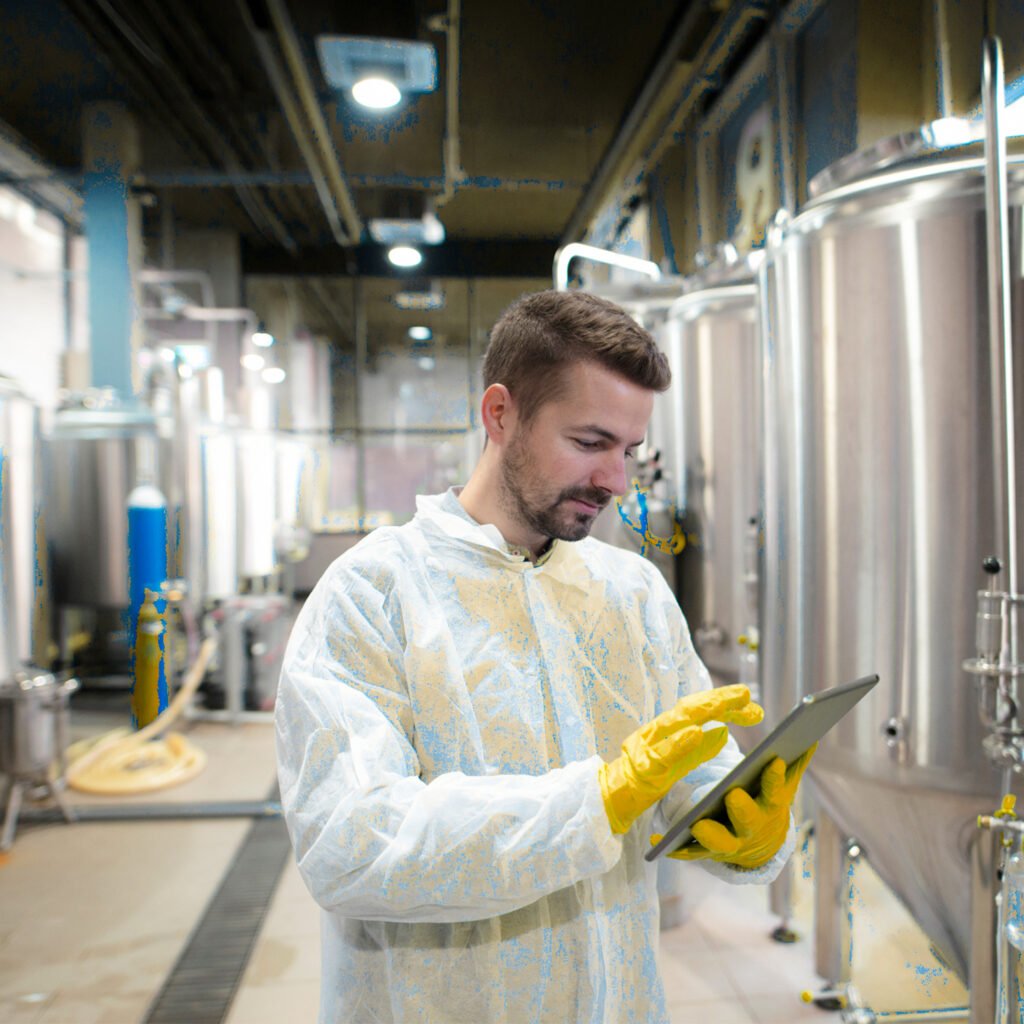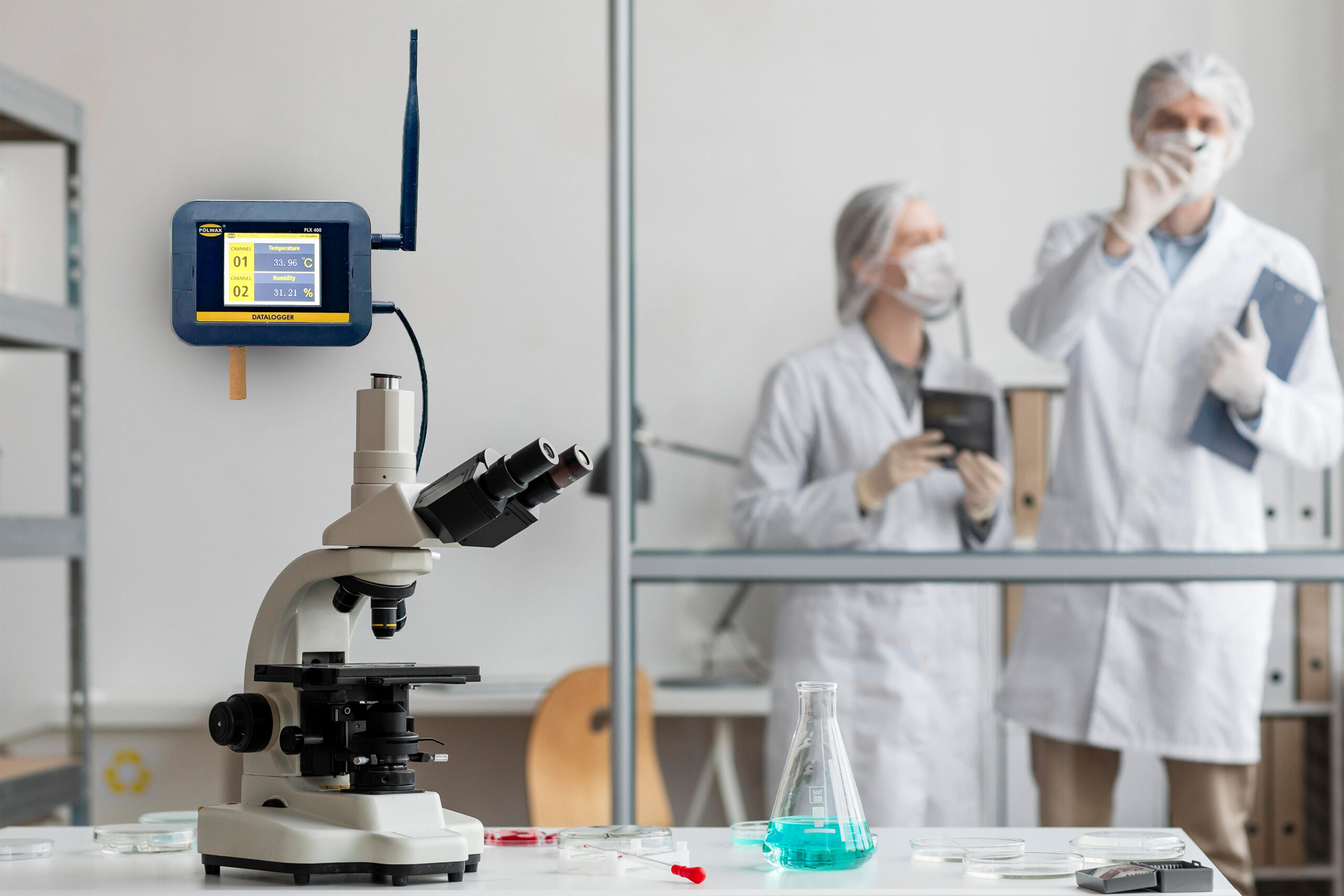Agriculture Industry
Instrumentation for the Agriculture Industry
The agriculture industry has evolved with the adoption of advanced technologies that help optimize productivity, ensure sustainability, and improve operational efficiency. Precision instruments are crucial in modern agriculture, allowing farmers and agricultural companies to monitor environmental conditions, manage resources, and optimize crop production.
Accurate measurement of environmental conditions is critical in agriculture to ensure healthy crop growth and efficient water management.
Temperature and Humidity Transmitters: Monitor ambient temperature and humidity in greenhouses, fields, and storage facilities to ensure optimal growing conditions for crops.
Climate Controllers: Manage and control climate conditions in greenhouses, ensuring proper ventilation, heating, and cooling based on the needs of the crops.
Efficient water use is a major concern in agriculture, especially in regions prone to water scarcity. Precision instrumentation can help monitor and optimize irrigation systems.

Agriculture

Agriculture forms the backbone of the food industry, focusing on the cultivation of crops and raising livestock. It involves various activities from soil preparation and planting to harvesting and breeding.

Crop farming involves growing various crops such as grains, fruits, vegetables, and cash crops. Precision instrumentation is essential for monitoring environmental conditions, soil quality.

Livestock farming involves raising animals for meat, dairy, wool, and other products. Monitoring animal health, feed quality, and environmental conditions is crucial to ensure animal welfare and farm efficiency.

Horticulture focuses on growing plants, flowers, and ornamental crops, often in controlled environments like greenhouses. Climate control and precision monitoring are essential to ensure plant health and growth.
Sensors for Agriculture Industry
Soil Moisture Levels Monitoring moisture to optimize irrigation especially in controlled-environment agriculture like greenhouses. Temperature and Humidity Monitoring Ensuring optimal conditions inside greenhouses for crops, as deviations can affect plant health and yield. Climate Controllers: Manage and control climate conditions in greenhouses, ensuring proper ventilation, heating, and cooling based on the needs of the crops.
Instruments Used in the Agriculture Industry
Temperature and Humidity Transmitters
Purpose: Monitor ambient temperature and humidity in agricultural environments.Applications: Used in greenhouses, storage facilities, and barns to ensure optimal growing and storage conditions for crops and livestock.
Crop farming involves growing various crops such as grains, fruits, vegetables, and cash crops. Precision instrumentation is essential for monitoring environmental conditions, soil quality, and resource management. Control conditions in milking parlors and poultry houses to ensure optimal production and prevent diseases.
Involves growing plants, flowers, and ornamental crops in controlled environments. Climate controllers, lighting, and irrigation automation systems ensure optimal plant growth and efficient resource management.
Soil Moisture Sensors
Soil Moisture Sensors are critical instruments used in modern agriculture to measure the amount of water in the soil. These sensors help farmers and agricultural professionals make informed decisions about irrigation, ensuring that crops receive the right amount of water for optimal growth.
Real-Time Monitoring: Provides immediate feedback on soil moisture levels. Accuracy: Offers precise measurements to avoid overwatering or underwatering. Easy Integration: Can be integrated into automated irrigation systems for precise water management.
Irrigation Management: Optimize water usage by ensuring that irrigation occurs only when soil moisture falls below a certain threshold.Greenhouses and Nurseries: Helps maintain consistent moisture levels for sensitive plants and seedlings.
Water Quality Monitors
Water Quality Monitors are essential tools in agriculture, particularly in irrigation and aquaculture systems. They ensure that the water used for crops and livestock meets the necessary standards for quality, promoting healthy growth and preventing contamination.
Purpose: Measure the quality of water used for irrigation and aquaculture. Applications: Used to monitor pH, dissolved oxygen, and other parameters to ensure water quality for crops and fish farming.
Real-Time Monitoring: Continuously tracks various water quality parameters such as pH, dissolved oxygen, temperature, and salinity. High Precision: Provides accurate measurements, enabling timely adjustments to maintain optimal water conditions.
Clima Datalogger
The highlights of POLWAX CLIMA Connect include wireless connection, high autonomy, and flexibility for different types of sensors. The value addition is completed by the large display, portability, and simple installation. Mobile device configuration and data downloading are also possible.



